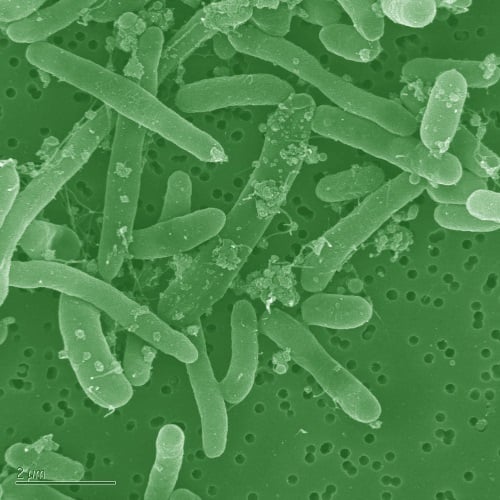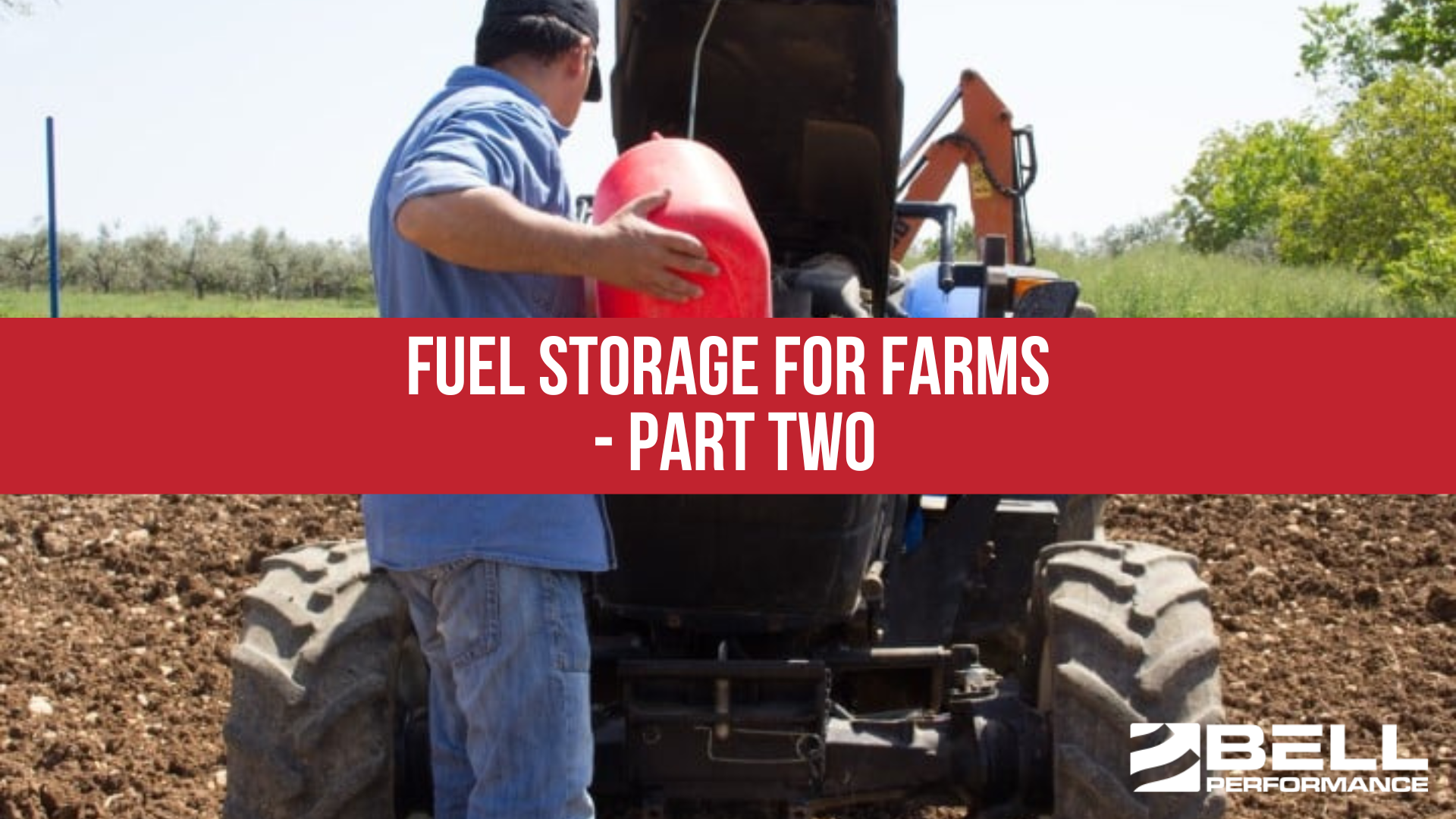Important Reasons Not to Ignore Sludge and Biomass in Farm Fuel Storage Tanks
Whether you're talking about a farm fuel tank or any other kind (even home heating oil), it’s safe to say that any time you find “sludge” or biomass,...
Farms rely on fuel that is clean and free from contaminants. Certainly, it starts out that way when they buy it from, for example, their local co-op. But sometimes things make their way into storage tanks that aren't supposed to be there and contamination occurs. There are some most common bad actors that you need to watch out for. These may not be 100% unique to farm fuel, but given that farms and agricultural operations run on razor-thin margins anyway, it’s worth your while to stay ahead of things like these.
It could be safe to say that no farm is ever going to keep water 100% out of a storage tank. Even in the best-sealed tanks, water will collect simply through temperature changes and condensation on the tank walls. If there are ever any compromises in the tank’s top integrity, or someone forgets to seal the lid (because, you know, that never happens), there are those ways, too.
Water is a fuel contaminant because it’s not supposed to be there. It’s hard to keep it out. Water is a problem because it accelerates fuel instability and gives microbes a foothold for growth in the tank. If you also happen to have any farm ethanol gasoline, water can severely compromise its quality by causing phase separation of the alcohol from the fuel (which strips octane from the gasoline)
A storage tank is a perfect environment for microbes to create a homestead for them and 2 billion of their closest friends. Microbes are all around us and all they need is a little bit of water present for the entire tank to become a microbial breeding ground. It’s not even a case of asking where these microbes came from - not only are they universally present on any physical surface, they can come in simply on the dust or water vapor from the air.
So you get some of the water mentioned above, add microbes coming in through the air or even transmitted via fuel-drop from another source, and it doesn’t take long for the entire tank to become a breeding ground. Especially with today’s ultra-low sulfur diesel fuels that don’t resist microbes like they used to.
Making sure you keep water under control is a key element to preventing this microbial contamination of stored fuel. It’s also important to stay on top of tank housekeeping, being sure to fix any damaged seals or gaskets or caps that may otherwise let in things from the outside that you don’t want in your tank.
Virtually every tank will see sludge accumulation over time. How quickly this happens depends on how well the fuel is taken care of and how often it’s turned. Because of its nature, sludge can plug filters but usually doesn’t go back up into the fuel (unless there’s a fuel drop that kicks it up). But sludge can house other contaminants to cause more overt problems - water and microbes. Also of interest, sludge can accelerate tank corrosion damage to farm fuel storage tanks. If you detect any sludge (or for that matter, any water or microbes) it’s worth your farm’s while to take some simple steps to remediate those contaminants.
Whether you're talking about a farm fuel tank or any other kind (even home heating oil), it’s safe to say that any time you find “sludge” or biomass,...

Crude oil comes out of the ground as a mixture of components formed from prehistoric plants and animals over eons of time. 142 refineries turn it...

For fuel storage on farms, some kinds of storage tanks are better than others. The color, design, and tank material can all play a role in protecting...